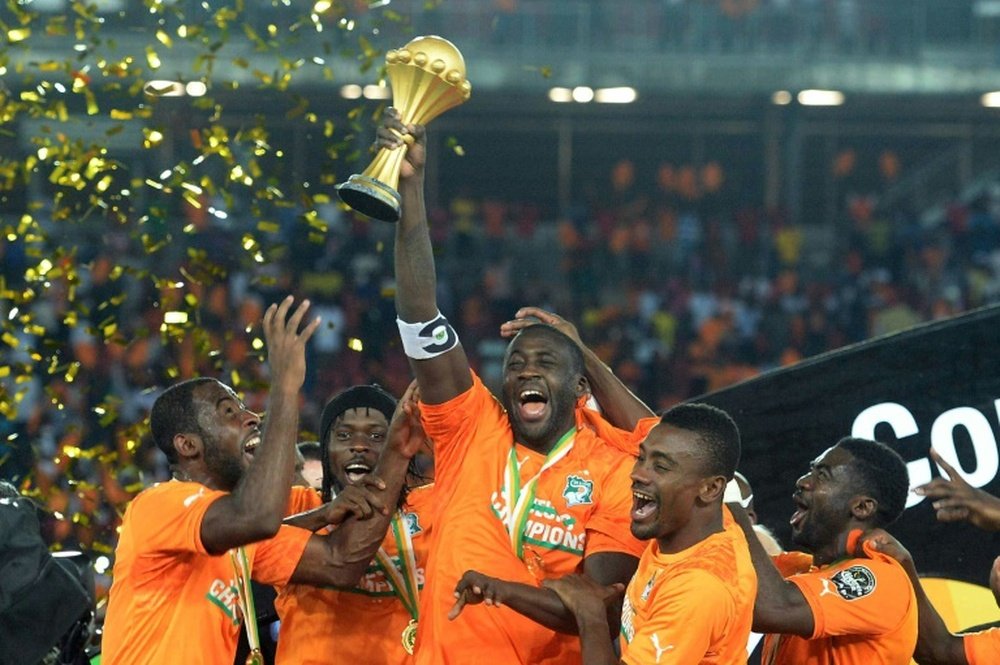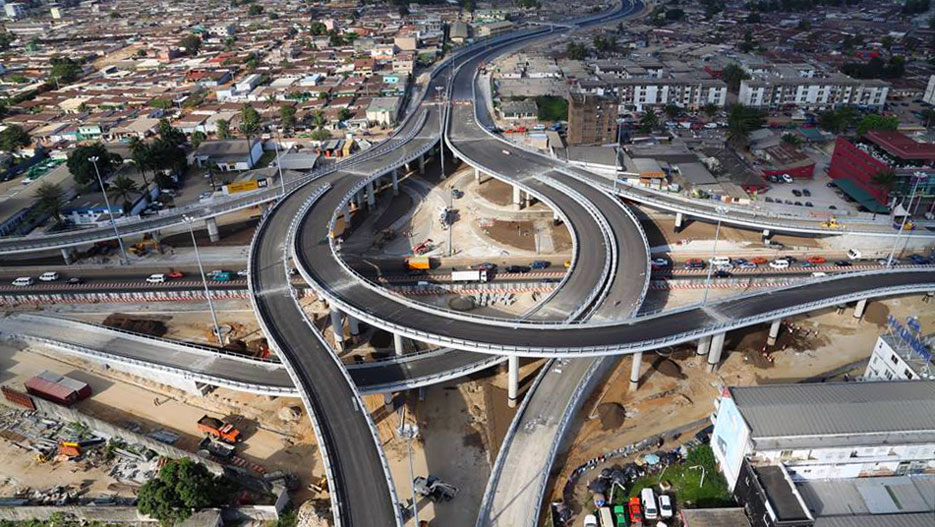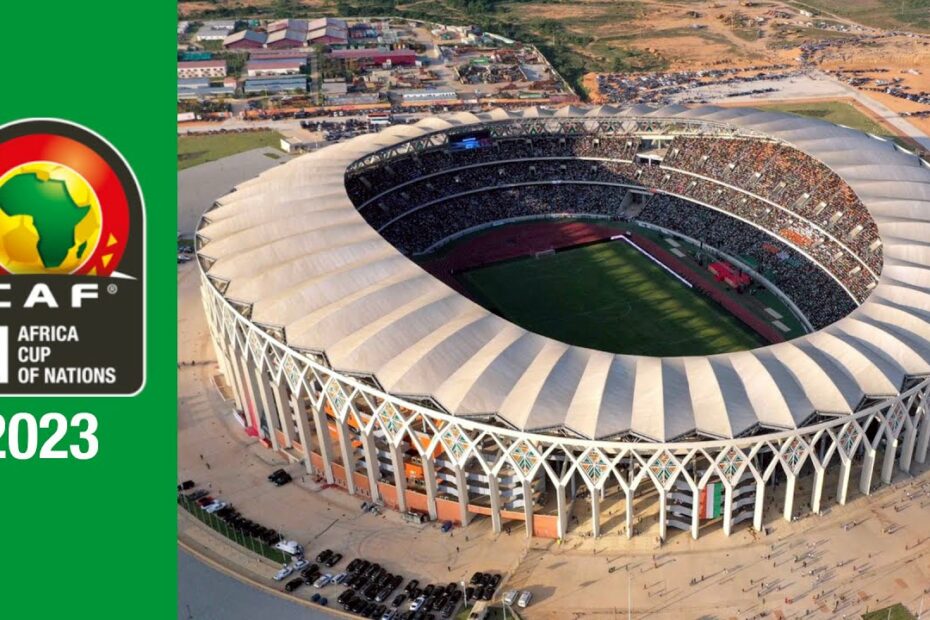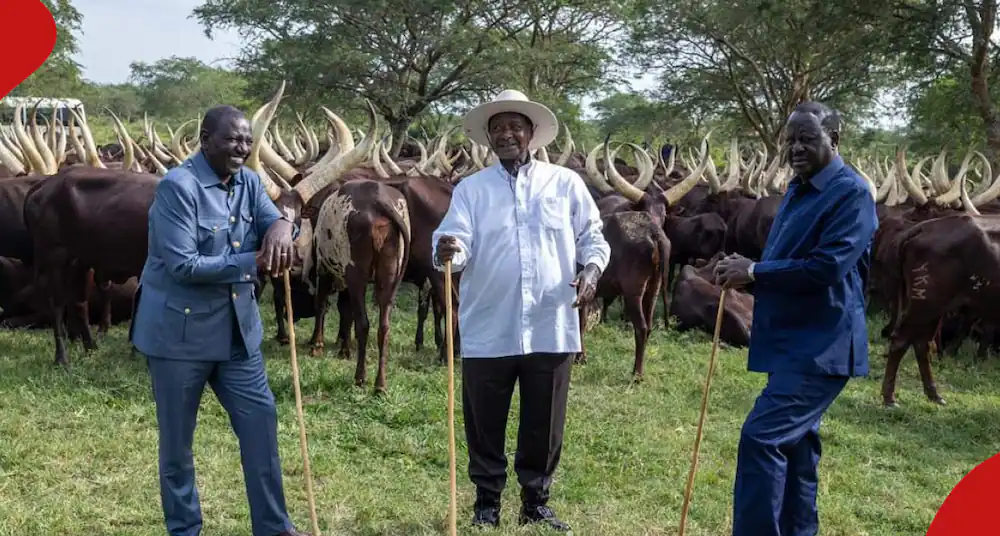Cote d’Ivoire Hosts AFCON 2023. The Ivorian government envisions that hosting the 2023 Africa Cup of Nations will contribute significantly to the country’s economic recovery since the civil war in 2011. Acknowledging the scale of investment, the government dedicated at least $1 billion to the tournament, set to commence on Saturday. This substantial funding has been utilized to construct four new stadiums and renovate two existing ones. Additionally, infrastructure development extends to airports, roads, hospitals, and hotels in the five host cities. They include Abidjan, Bouake, Korhogo, San Pedro, and the capital Yamoussoukro.
Summary
- The Outarra Olympic stadium originally built in 1964 hosted Nations Cup matches during Cote d’Ivoire’s last hosting in 1984.
- Another stadium in Bouake, constructed for the 1984 finals, was also utilized during that event.
- The Ivorian Football Federation (FIF) is addressing concerns raised by individuals regarding the expenses associated with future new stadium projects.
Boosting Cote d’Ivoire Infrastructure

In the most extensive reconstruction effort for the West African nation since the civil wars of 2002-2007 and 2010-11, a substantial expenditure includes a $3.5 billion (Sh557.5 billion) loan. The loan was secured from the International Monetary Fund (IMF) in April of last year.
Cote d’Ivoire is ranked as the 138th wealthiest nation out of 190 by the IMF, despite concerns about the financial outlay. Cote d’Ivoire has sustained an average annual growth rate of eight percent since President Alassane Ouattara, a former IMF employee, assumed office in 2010.
Prao Yao Seraphin, an Ivorian economics professor, emphasized, “Cote d’Ivoire is a poor country,” expressing the need for caution in managing the loans to ensure lasting benefits for the nation. He emphasized the importance of maintaining the infrastructure in the long run.
“If we’re not careful and don’t think about creating events to boost revenues from our stadia, I fear the country of the elephant will produce white elephants.”
The phrase ‘white elephants,’ originating from an ancient Thai tradition of gifting expensive-to-maintain animals to the monarch, is commonly used to describe costly infrastructure projects where the financial maintenance surpasses their utility.
Will Cote d’Ivoire, a country formerly home to one of Africa’s largest elephant populations and named after their tusks, face a similar predicament?
According to the country’s politicians, the answer is no.
A Foundation for Future Sports Infrastructure Developments

Having invested over $1 billion (Sh159 billion), with some media outlets speculating even higher amounts, most investors would anticipate a financial return. However, Francois Amichia, head of the 2023 Nations Cup organizing committee, asserts that financial gains were never the primary goal.
“When Cote d’Ivoire decided to host this Nations Cup, it was not for profit but to redefine its position,” stated Amichia, an incumbent Ivorian MP and former sports minister, back in December.
He emphasized that the decision aimed to seize an opportunity to enhance sports infrastructure, particularly since no sports infrastructure had been developed for years. The Nations Cup provided a unique chance to achieve this goal, resulting in the construction of four new stadiums and the renovation of two existing ones.
Approximately $79 million (Sh12.5 billion) was expended on constructing the Alassane Ouattara Olympic Stadium in Yamoussoukro. An additional $84 million (Sh13 billion) for the stadium in Korhogo and $113 million (Sh18 billion) for the one in Abidjan. The projects received external funding. Simultaneously, the refurbishment of Abidjan’s Felix Houphouet-Boigny venue incurred a cost of $109 million (Sh17 billion).
Originally built in 1964, the Felix Houphouet-Boigny stadium hosted Nations Cup matches during Cote d’Ivoire’s last hosting in 1984. Along with Bouake’s stadium, which was constructed for those finals.
Furthermore, 24 training centers have been either constructed or renovated in the five host cities. In addition, three ‘Afcon cities’ consisting of 32 five-room villas each have been established in Bouake, San Pedro, and Yamoussoukro, complemented by a new 48-room hotel in Korhogo.
Other Infrastructure Developments as Cote d’Ivoire Hosts AFCON 2023
Hospitals in Korhogo and San Pedro have undergone significant upgrades and construction, respectively. Additionally, refurbishments have been carried out on the airports in these two cities and in Bouake. Meanwhile, the highways originating from Abidjan, leading both westward to coastal San Pedro and northward to Korhogo, have undergone modifications, alongside other road improvements in different locations.
Francois Amichia emphasized the positive impact of organizing the competition on improving transportation infrastructure. He stated, “We know that Cote d’Ivoire went through a difficult period, which was not easy economically. But this Nations Cup has allowed Cote d’Ivoire to equip itself with sporting and non-sporting infrastructure to develop the country.”
Effective Use of the Facilities
Morocco has been a popular choice. Used 27 times for ‘home’ games by various countries in both the 2023 Nations Cup and the 2026 World Cup qualifiers. Now, Cote d’Ivoire wants to be part of the action too.
“We want our country to be a hub for West Africa in football and sports competitions,” stated FIF president Idriss Diallo, emphasizing the athletic tracks at some stadiums. “This will provide a venue for countries without approved infrastructure by the Confederation of African Football and FIFA.”
FIF President Idriss Diallo
Even though it hasn’t been officially approved yet, some in the government have proposed opening the stadiums to the public. They argue that a healthier population will ease the burden on the state, which implemented universal health coverage in 2019.
President Ouattara wants to make sure that areas without Nations Cup games also have good sports facilities. There’s a collaborative effort with France to establish 10 mini-sporting complexes throughout Cote d’Ivoire.
Business Opportunity as Cote d’Ivoire Hosts AFCON 2023
Since the civil wars ended, Cote d’Ivoire has experienced economic growth, fueled by government investments. Also, strong performances in coffee and cocoa exports have contributed to the growth. The country aims to become West Africa’s second-largest economy.
In 2013, Cote d’Ivoire and Ghana had GDPs of $43 billion and $63 billion, respectively. By 2022, the gap narrowed, with both countries reporting GDPs of $70 billion and $73 billion. Despite this, they still lag behind Nigeria’s $477 billion.
In Abidjan, restaurateur Akouba Angola represents the country’s growth, having opened five restaurants since 2021. She sees the Nations Cup as a great business opportunity to showcase Cote d’Ivoire as an expansive franchise across Africa.
Abidjan contributes around 80% of the country’s economic output. However, hosting the Nations Cup in different cities aims to boost economic activity in San Pedro, Yamoussoukro, Bouake, and Korhogo.
Professor Seraphin from Alassane Ouattara University in Bouake sees short-term benefits in attracting private investors, creating jobs, and boosting tourism. Long-term advantages include increased enthusiasm for attending games with improved facilities like restaurants and merchandising.
Considering the 2016 terror attack, security, reduced congestion, and smooth matches are crucial for success. If these conditions are met, Cote d’Ivoire could emerge as a thriving country, capitalizing on the competition for long-term growth. Cote d’Ivoire Hosts AFCON 2023 and we expect a very successful tournament.



